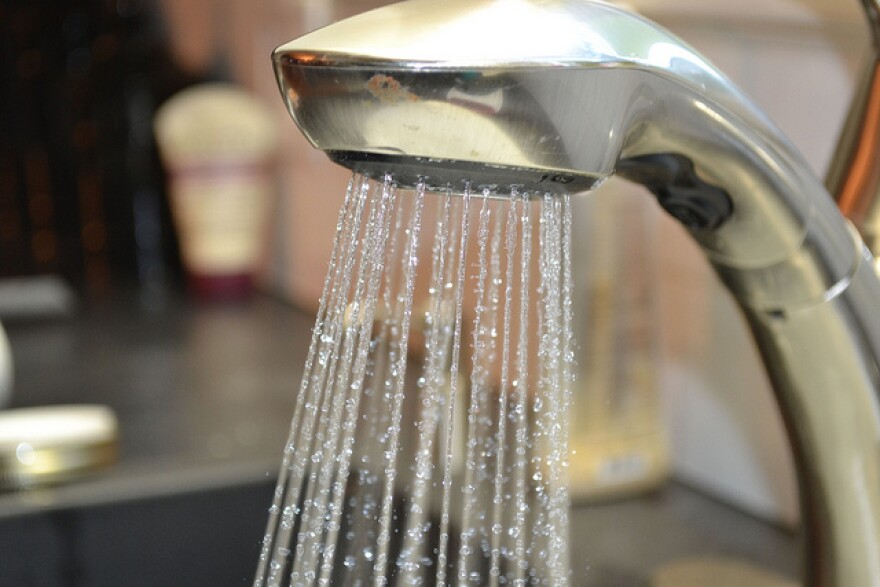Detroiters owe the city water department millions of dollars in late water bills – at least $47 million, according to a city report back in March.
And that makes rates higher for everybody in the city.
But with shutoffs resuming next week and some 18,000 households in “shutoff status” – meaning they’re two months behind and owe more than $150 – the city is facing a crucial question.
How do you figure out who can’t afford their water bills, which are $75 a month on average, and who just doesn’t want to pay?
Add to that all the SNAFUs with the city’s online billing system – sometimes you go to pay your bill online and the system won’t let you, or it tells you owe $0 when you really a higher balance, as happened recently to both city Councilmember Janee Ayers and city operations director Gary Brown.
They spoke about their experiences at a council committee meeting earlier this month, and both voiced support of looking into an “affordability program.”
So the city council established a work group to look into that option.
In cities like Cleveland, “affordability programs” offer discount rates to low-income residents. Cleveland appears to offer a flat $17 rate, according to its website.
In theory, these programs make bills low enough that people can actually afford to pay them.
That’s good for the water department, too.
And ideally it would prevent low-income people from getting their water shut off.
But the city’s lawyers told the city council that they couldn’t do this kind of program when the council considered it back in 2006.
That’s because Michigan law says city rates must be based on the actual cost of service.
So how can the city council look into establishing such a program?
Council member Scott Benson, who ordered the creation of the work group to look into an affordability program, says they'll need to be creative.
“Is it some type of subsidy we can bring in from outside?" Benson said. "Is it that we help people become more efficient with their water? If it’s efficiency, do they have old equipment or an old system? So everything is on the table that's legal.”
Benson says he's confident the city can find a solution.
“I look at this as a challenge," Benson said. "I can't do this. I have to charge you this much because this is what it costs me to provide you that water. You can afford this. How do we fill the gap?"







